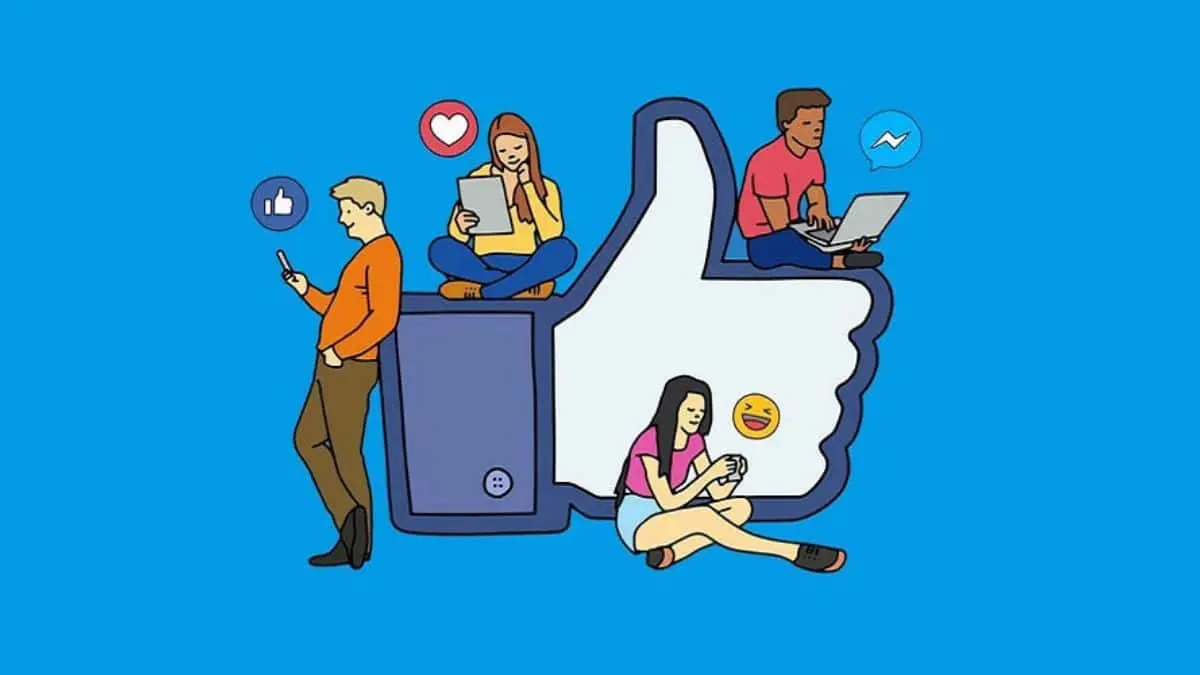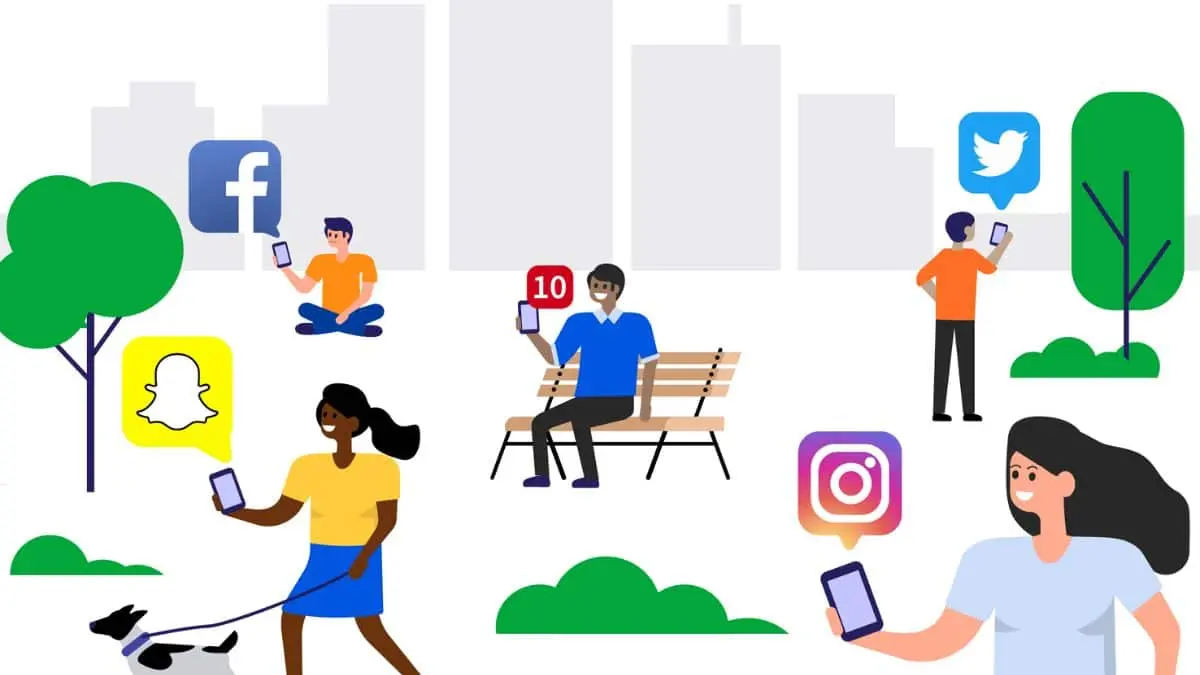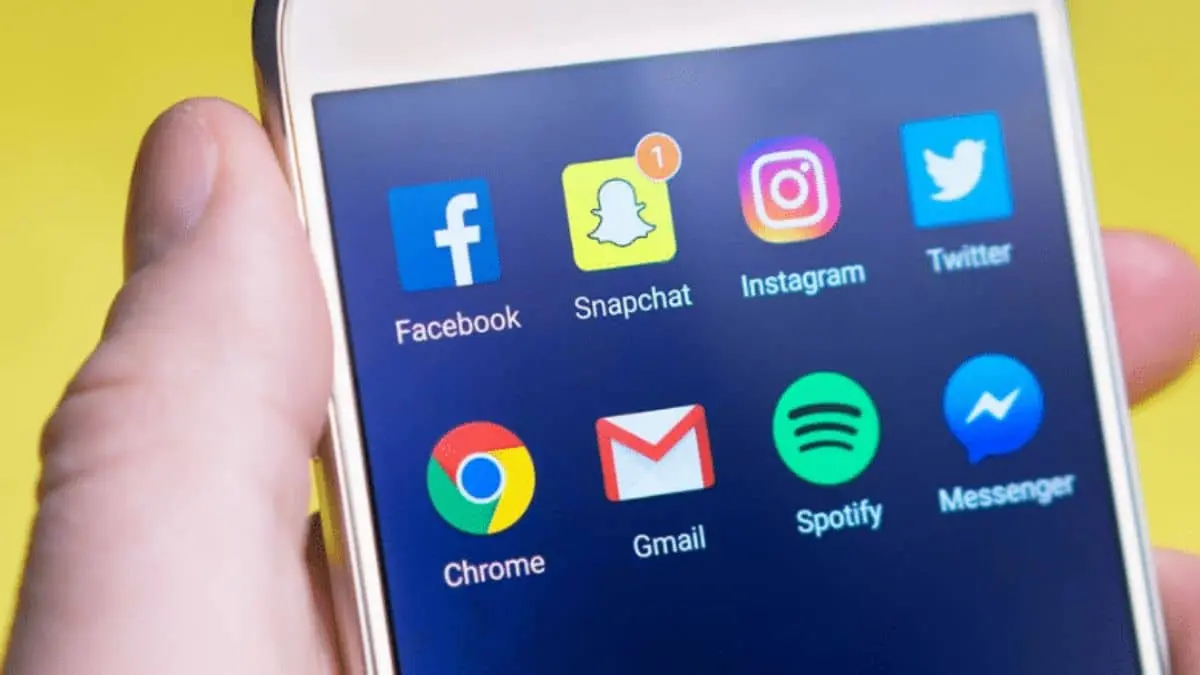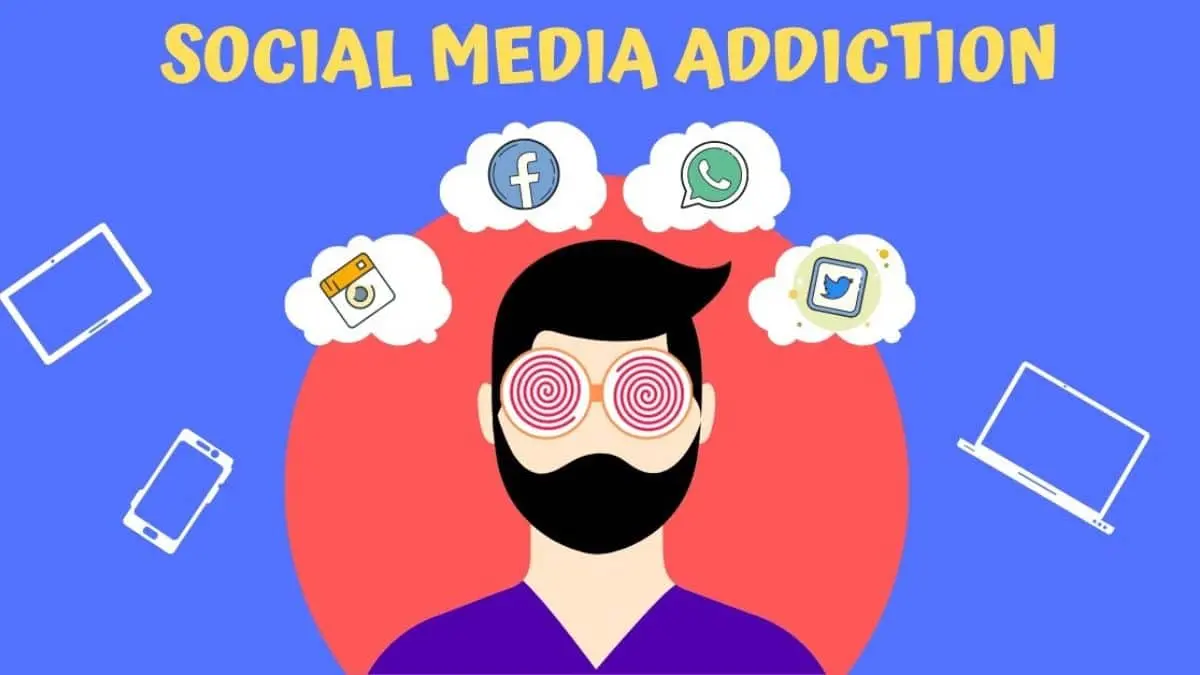- Solution: To address instant gratification on social media, it’s important to practice delayed gratification.
- This involves setting boundaries to limit impulsive social media use.
- Solution: To reduce dependence on social media-induced dopamine spikes, practicing mindfulness is key.
- Social circles exert a significant influence on social media behavior, with the fear of judgment or exclusion driving ex…
- Solution: To address peer pressure related to social media usage, surrounding oneself with supportive individuals is …
- Individuals with low self-esteem often turn to social media in search of validation and acceptance.
In today’s digital age, the allure of social media is undeniable. From scrolling through endless feeds to seeking validation through likes and comments, many find themselves ensnared in the web of social media addiction. But what makes social media addictive? Let’s delve into the intricacies of this phenomenon and explore the 10 biggest possible reasons behind its addictive nature.
What Makes Social Media Addictive? – 10 Biggest Possible Reasons
Instant Gratification

Social media platforms are designed to provide instant gratification through features like likes, comments, and shares. When users receive these forms of validation, their brain releases dopamine, a neurotransmitter associated with pleasure and reward. This dopamine rush reinforces the behavior, making users crave more interaction on social media.
Solution:
To address instant gratification on social media, it’s important to practice delayed gratification. This involves setting boundaries to limit impulsive social media use. One way to do this is by allocating specific times during the day for social media usage and sticking to them. Additionally, focusing on real-life accomplishments and goals can provide long-term fulfillment that surpasses the fleeting satisfaction of social media validation.
Fear of Missing Out (FOMO)
Fear of Missing Out (FOMO) is a common phenomenon driven by the fear of being excluded from social events, updates, or interactions. On social media, this fear is amplified as users constantly check their feeds to stay updated and ensure they are not missing out on anything important.
Solution:
To overcome FOMO, it’s essential to cultivate a sense of self-worth that is independent of social media validation. This involves recognizing and appreciating one’s own worth and value regardless of online interactions. Prioritizing meaningful offline connections and experiences can also help alleviate FOMO by shifting focus away from virtual interactions towards real-life connections.
Dopamine Dependence

Social media interactions trigger the release of dopamine in the brain’s reward system, leading to a cycle of craving and reward. Over time, individuals may become dependent on these dopamine spikes, leading to compulsive behavior and addiction.
Solution:
To reduce dependence on social media-induced dopamine spikes, practicing mindfulness is key. This involves being aware of the urge to constantly check social media and consciously choosing to engage in alternative activities that naturally boost dopamine levels, such as exercise, hobbies, or spending time outdoors.
Social Comparison
Constantly comparing oneself to curated online personas can lead to feelings of inadequacy and a relentless pursuit of validation through social media engagement. This comparison often results in individuals measuring their self-worth based on unrealistic standards set by others on social media platforms.
Solution:
To combat the detrimental effects of social comparison, fostering self-awareness is crucial. This involves recognizing when comparison tendencies arise and consciously redirecting focus towards personal growth and self-improvement. By cultivating a deeper understanding of one’s own strengths, values, and goals, individuals can shift their focus from external validation to internal fulfillment. It’s important to remind oneself that social media presents a curated version of reality and does not accurately reflect the complexities of human experience.
Algorithmic Manipulation

Social media platforms employ sophisticated algorithms to prioritize engaging content, keeping users hooked and maximizing user retention. These algorithms are designed to show users content that is likely to elicit strong reactions, further perpetuating addictive usage patterns.
Solution:
To mitigate the influence of algorithmic manipulation, taking control of one’s feed is essential. This can be achieved by actively curating content that aligns with personal interests, values, and well-being goals. By unfollowing accounts that promote comparison or negative feelings, individuals can reduce exposure to addictive algorithmic triggers. Additionally, limiting time spent on social media and setting boundaries around usage can help regain control over the content consumed.
Peer Pressure
Social circles exert a significant influence on social media behavior, with the fear of judgment or exclusion driving excessive usage. Adolescents, in particular, are vulnerable to peer pressure as they navigate the complexities of social relationships and seek acceptance from their peers.
Solution:
To address peer pressure related to social media usage, surrounding oneself with supportive individuals is paramount. Cultivating offline connections and nurturing relationships based on mutual respect and understanding can help counteract the negative effects of peer pressure.
Psychological Vulnerability

Adolescents, in particular, are susceptible to social media addiction due to developmental factors such as heightened emotional sensitivity and peer influence. The transitional period of adolescence is characterized by increased vulnerability to external influences and a strong desire for social acceptance.
Solution:
To address the psychological vulnerability of adolescents, education and support are essential. Providing adolescents with information about the risks of social media addiction and equipping them with healthy coping mechanisms can empower them to navigate peer pressure and emotional challenges effectively. Encouraging self-reflection and self-awareness can help adolescents recognize the impact of social media on their well-being and make informed decisions about their usage habits.
Escapism
Social media often serves as a convenient escape from the stresses and challenges of real life. With just a few taps, individuals can immerse themselves in a digital world where they can temporarily disconnect from their problems and responsibilities. While this may provide immediate relief, it can perpetuate a harmful cycle of avoidance, ultimately exacerbating feelings of anxiety and dissatisfaction.
Solution:
To address the underlying issues contributing to escapism, it’s crucial to tackle stress, anxiety, and other mental health concerns through healthy coping strategies. This may include practicing mindfulness, engaging in regular exercise, maintaining a balanced diet, and getting adequate sleep. Additionally, seeking professional support from a therapist or counselor can provide valuable guidance and tools for managing stressors effectively.
Low Self-Esteem

Individuals with low self-esteem often turn to social media in search of validation and acceptance. They may compare themselves unfavorably to others and seek external validation through likes, comments, and shares, perpetuating a cycle of seeking validation from others rather than from within.
Solution:
To tackle low self-esteem, focus on self-care and self-acceptance. Engage in activities that boost confidence, like hobbies and achieving personal goals. Practice positive affirmations and build genuine connections with others for mutual respect and understanding. These steps can help boost self-esteem and reduce reliance on external validation.
Lack of Boundaries
Without clear boundaries, social media usage can easily spiral out of control, leading to excessive screen time and neglect of real-life responsibilities. This can have detrimental effects on overall well-being, including increased stress, decreased productivity, and strained relationships.
Solution:
Establishing and enforcing boundaries around social media usage is essential for restoring balance and prioritizing overall well-being. This may involve setting specific limits on the amount of time spent on social media each day, designating screen-free times and activities, and creating a supportive environment that encourages offline connections and activities.
Also Read: The Evolution of Social Media



